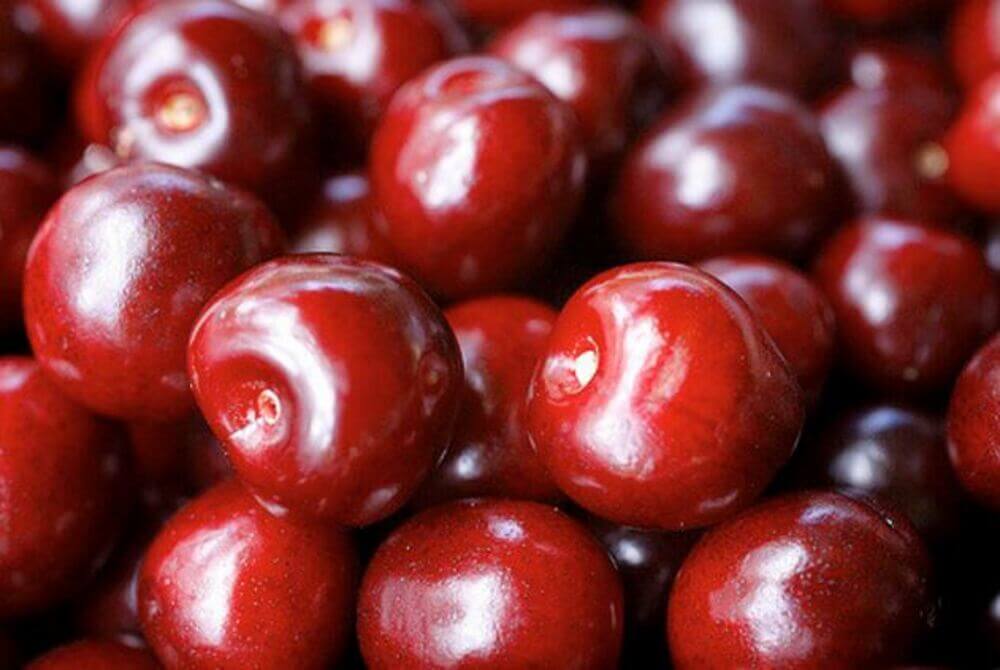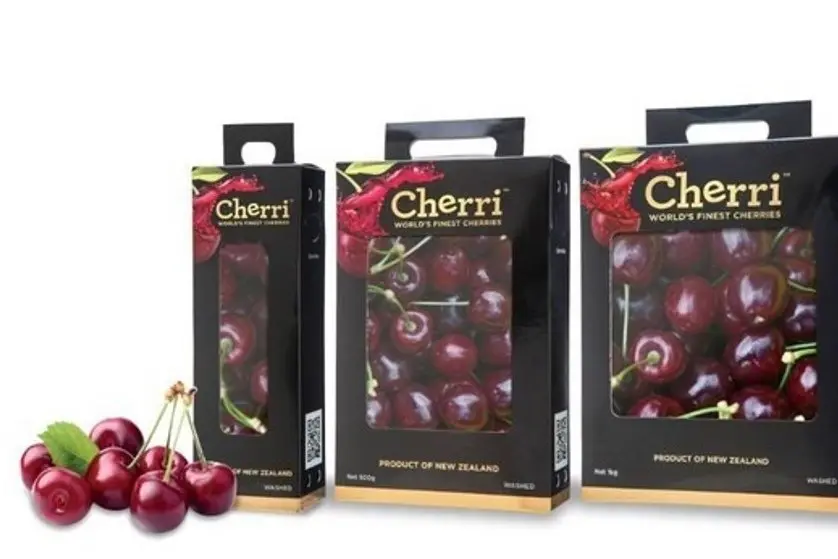The cherry orchard at Forest Lodge defines itself as "possibly the first commercial agricultural enterprise in the world to be zero fossil fuels and 100% electric."
Located in central Otago, New Zealand, the company uses a wide range of electrical equipment including anti-frost fans, irrigation pumps, and vehicles, all powered by a 23 kW solar array and a 105 kWh battery, supplemented by New Zealand's high-intensity renewable electric grid.
"Instead of telling farmers what to do, we're showing them what we've done and the numbers," says farmer Mike Casey, who founded the farm with his wife Rebecca and will be one of the key speakers at this year's National Renewable Energy in Agriculture Conference in Queensland.
Also presenting at the Toowoomba conference is local meat producer Caitlin McConnel, who will discuss her cattle grazing experience under solar panels and why it's crucial for agriculture and renewable energies to work together.
"Since 2010, my family has been grazing beef cattle under specially designed solar trackers to ensure continuous cattle production while using minimal agricultural land," explains McConnel.
The National Conference on Renewable Energy in Agriculture was launched in 2019 by NSW farmer Karin Stark, after struggling to find readily available information on alternative fossil fuels. It brings together farmers, agriculture and energy consultants, leading organizations, and government representatives to share stories of renewable and electrical technologies on farms.
"With the intersection of agriculture and renewable energy becoming increasingly vital, the National Conference on Renewable Energy in Agriculture is a critical platform for industry operators to collaborate, innovate, and pave the way toward a more sustainable future," says Stark.
Read the full article: Renew Economy
Image: Renew Economy
Cherry Times - All rights reserved










